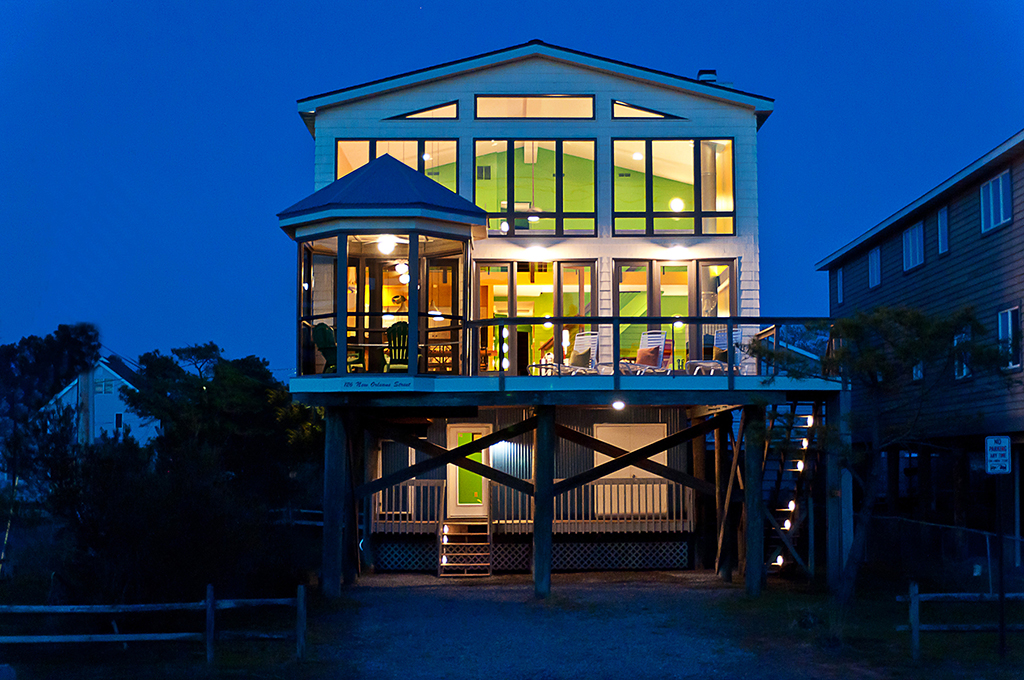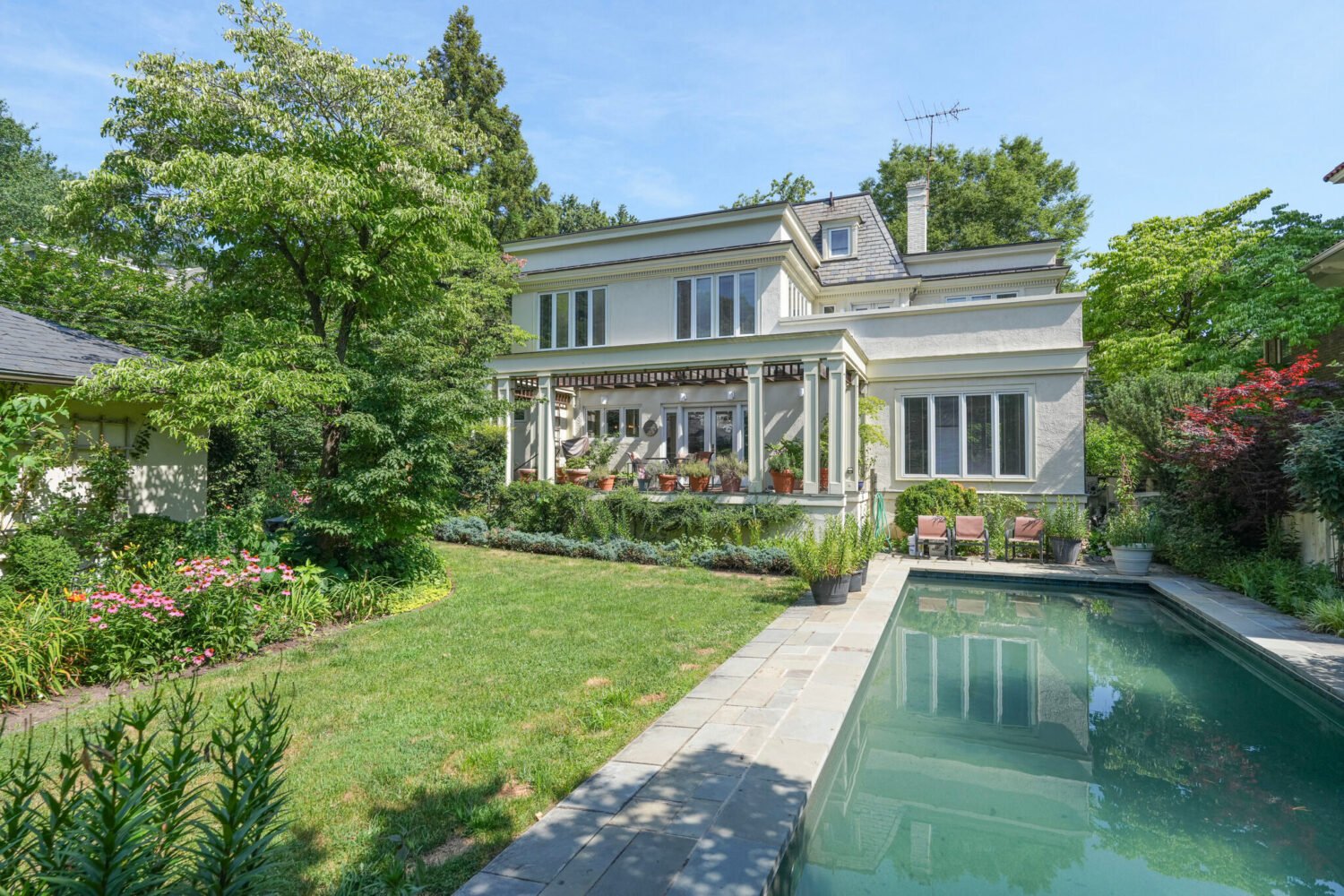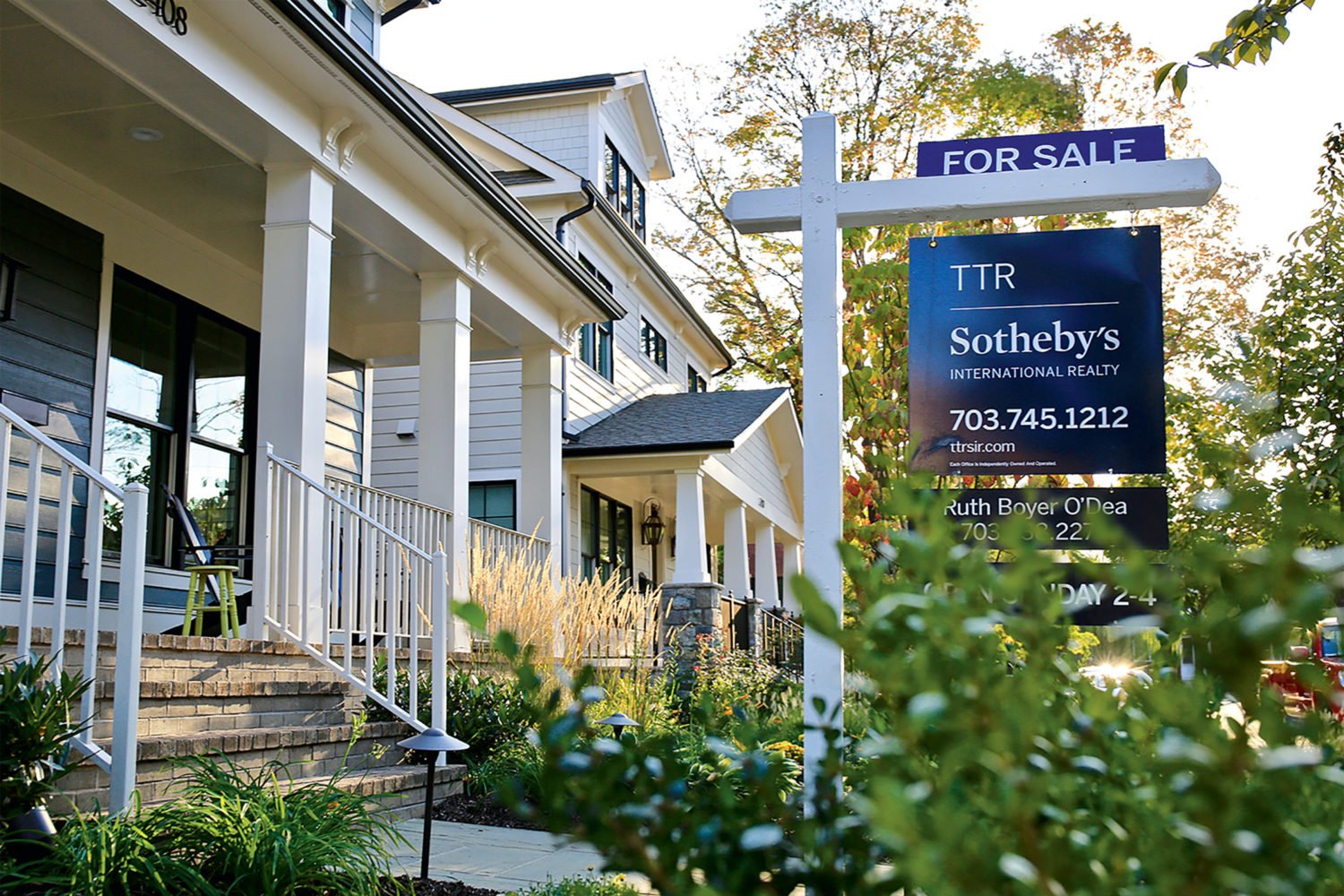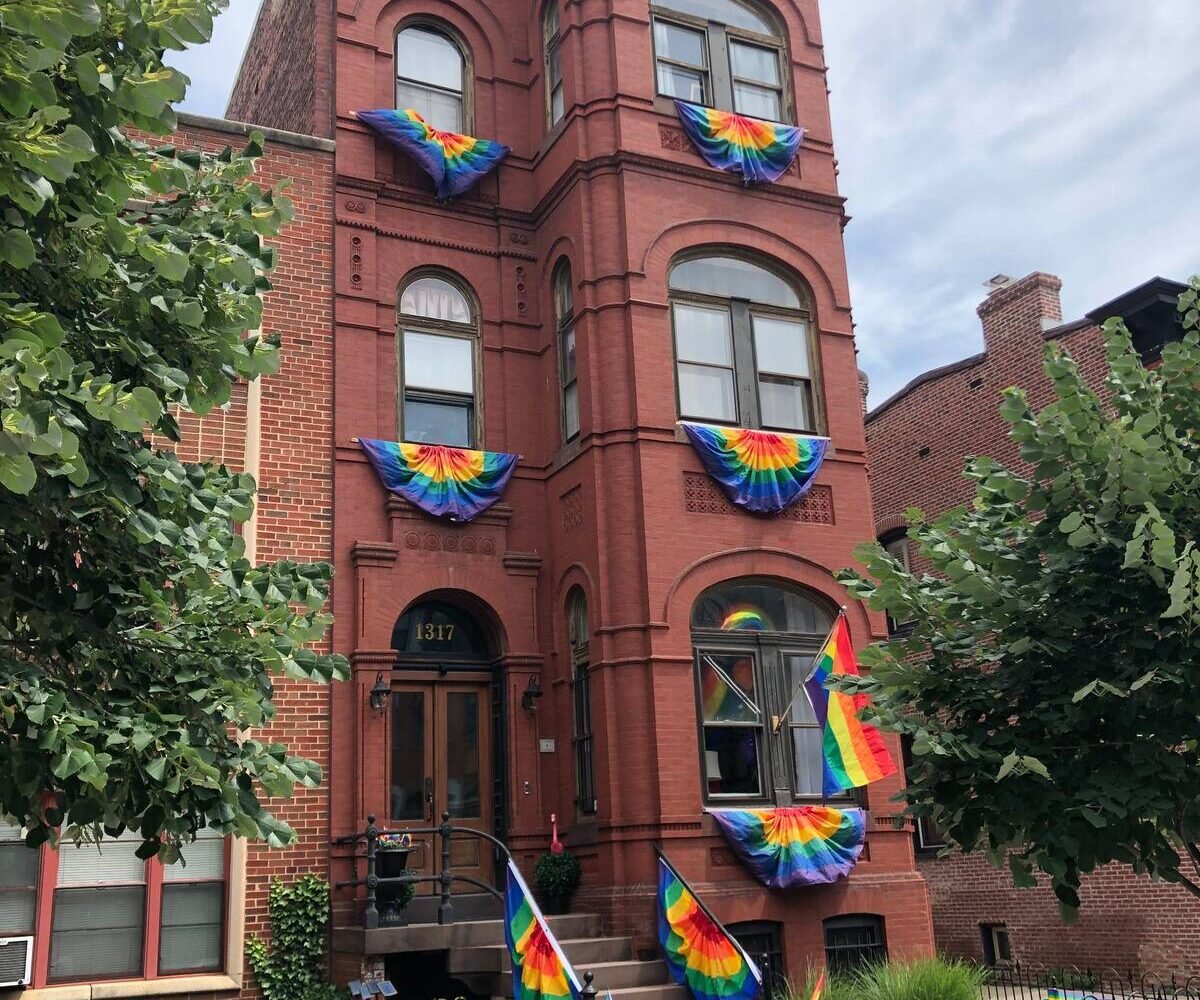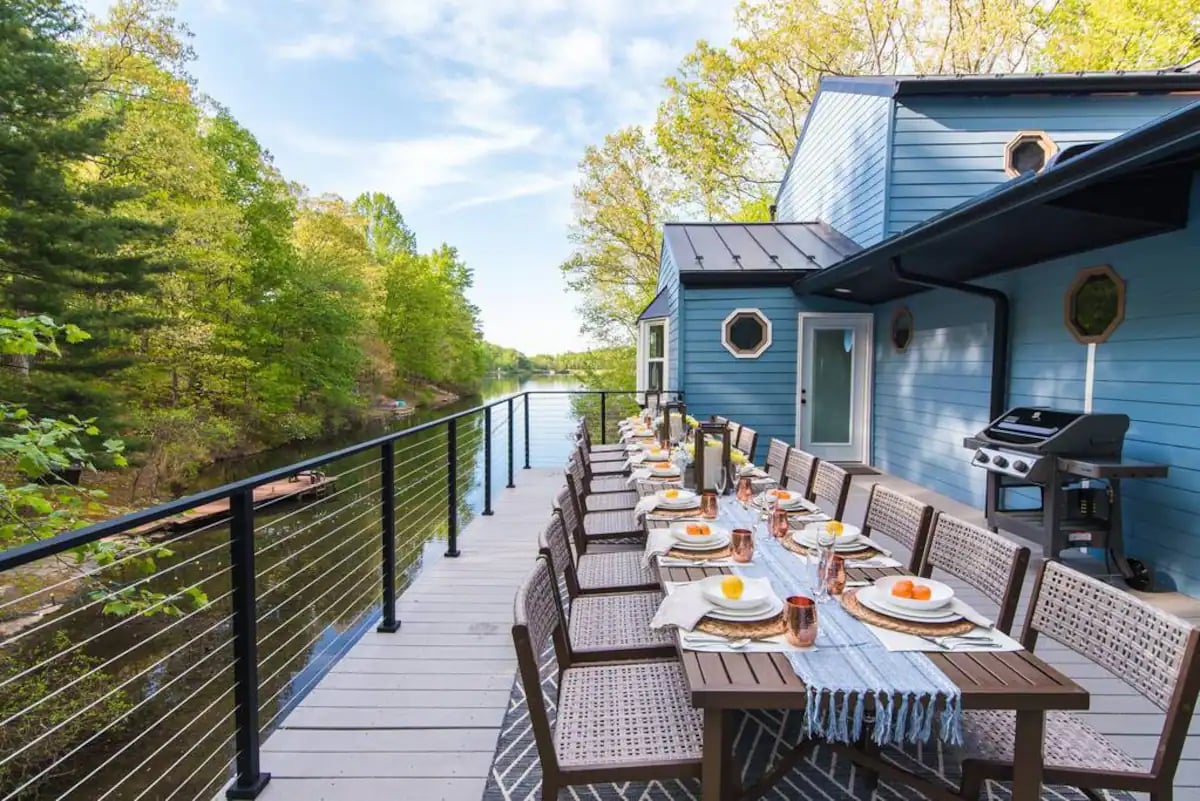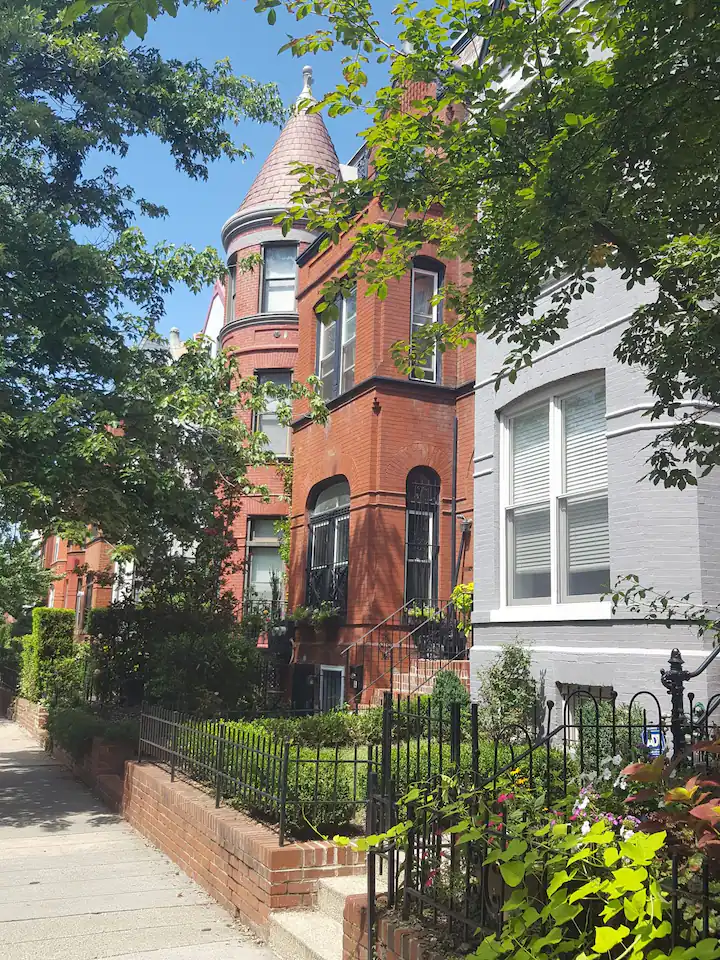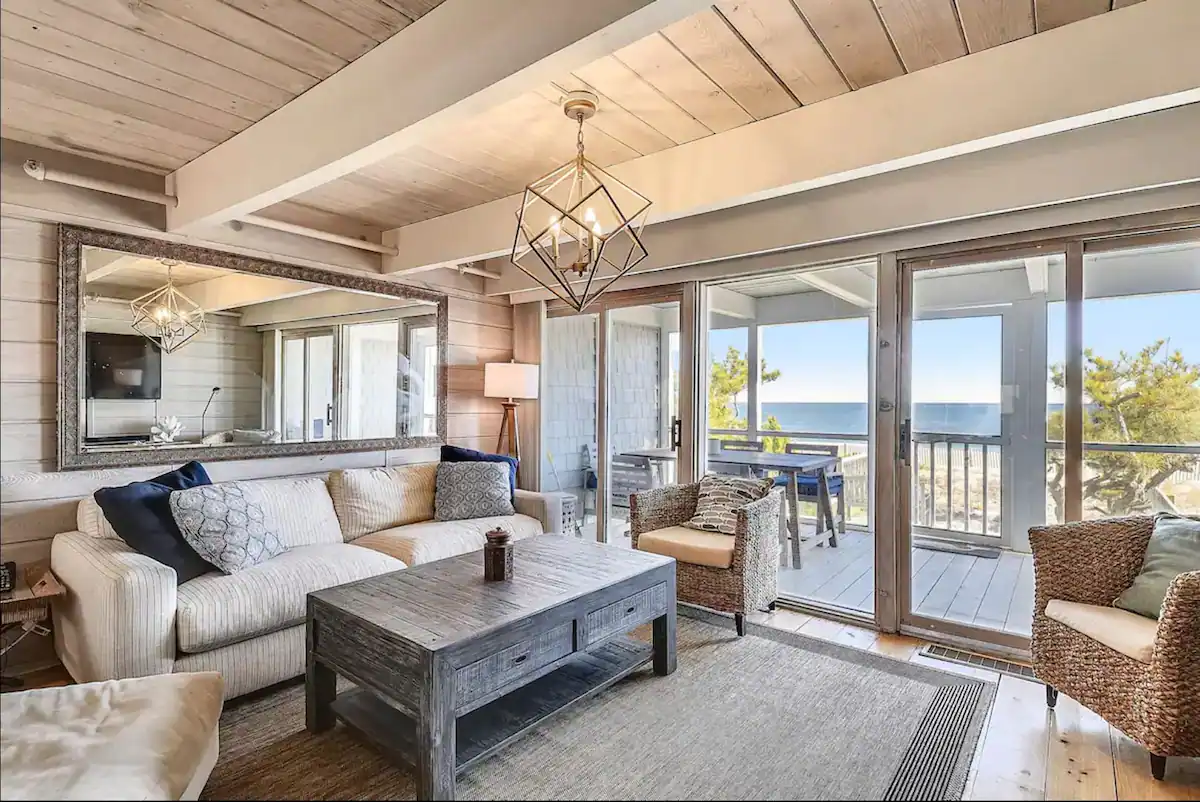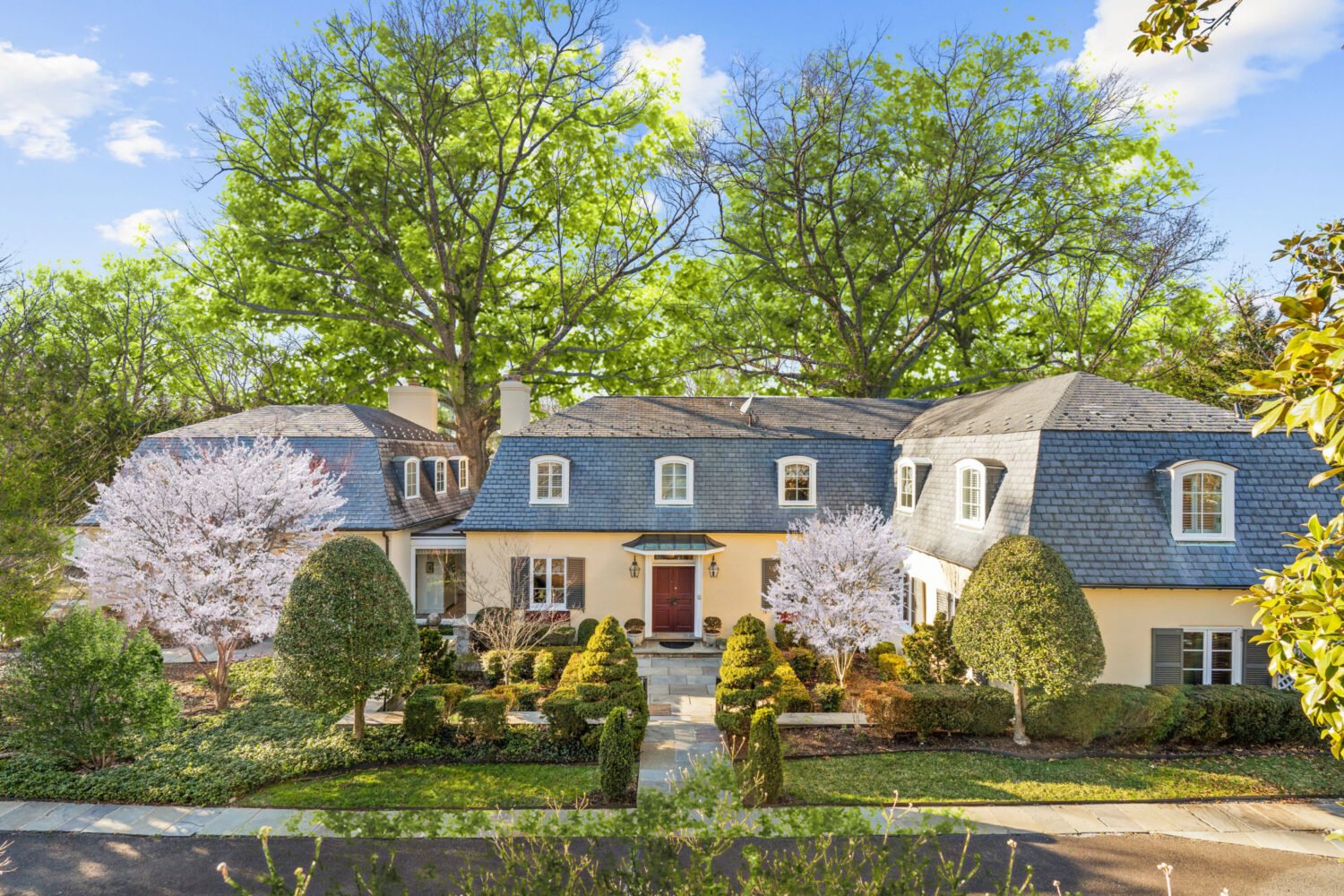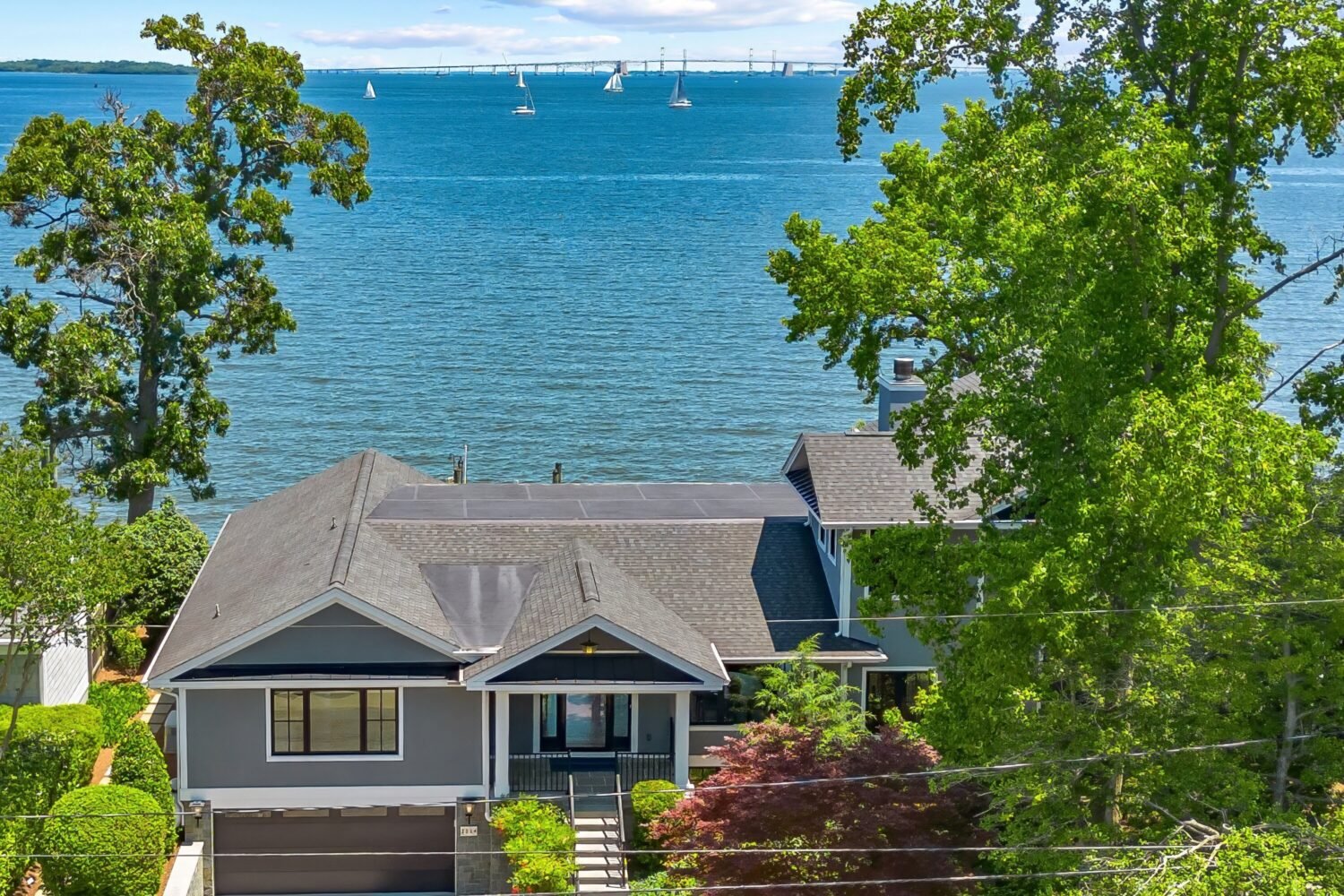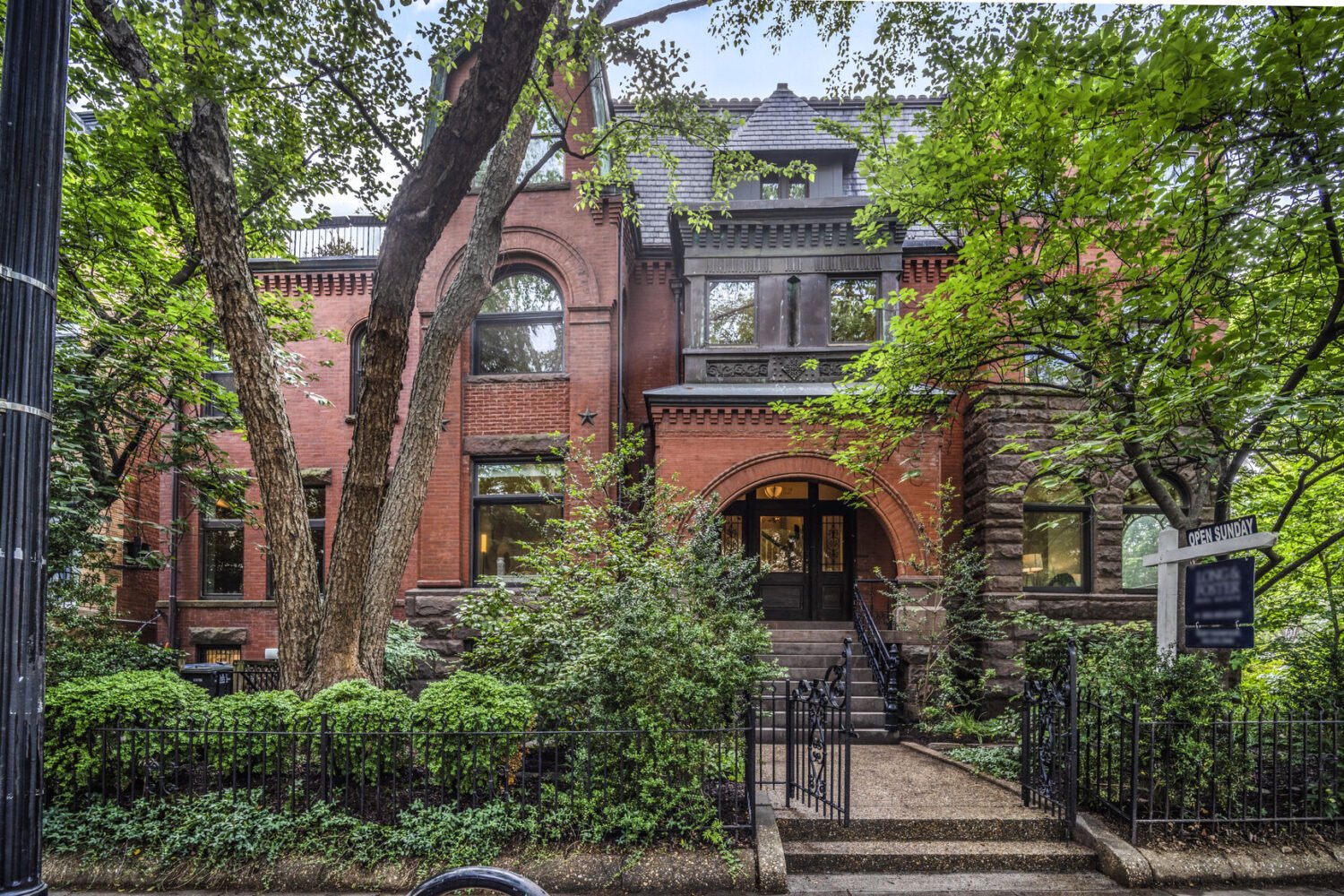Taking on a second mortgage is daunting—especially if you’re counting on renters to pay for it.
Let’s say you put 20 percent down on a $1-million beach house in Rehoboth. You’ve got a 30-year mortgage with an interest rate of 5 percent, which brings you to a monthly payment of about $4,300. What should you do to break even, or at least reduce the bill?
These days, there are a multitude of ways to answer that—websites such as Airbnb, online booking agencies like HomeAway, and traditional property-management companies are all resources for finding renters to help pay down your debt. But they’re not created equal.
If the goal is to get your whole mortgage covered in a popular destination such as Rehoboth or Bethany, you’ll likely have to rent out your beach house for the entire peak season of mid-June through August, when weekly rentals range from $1,200 to $7,000 and up.
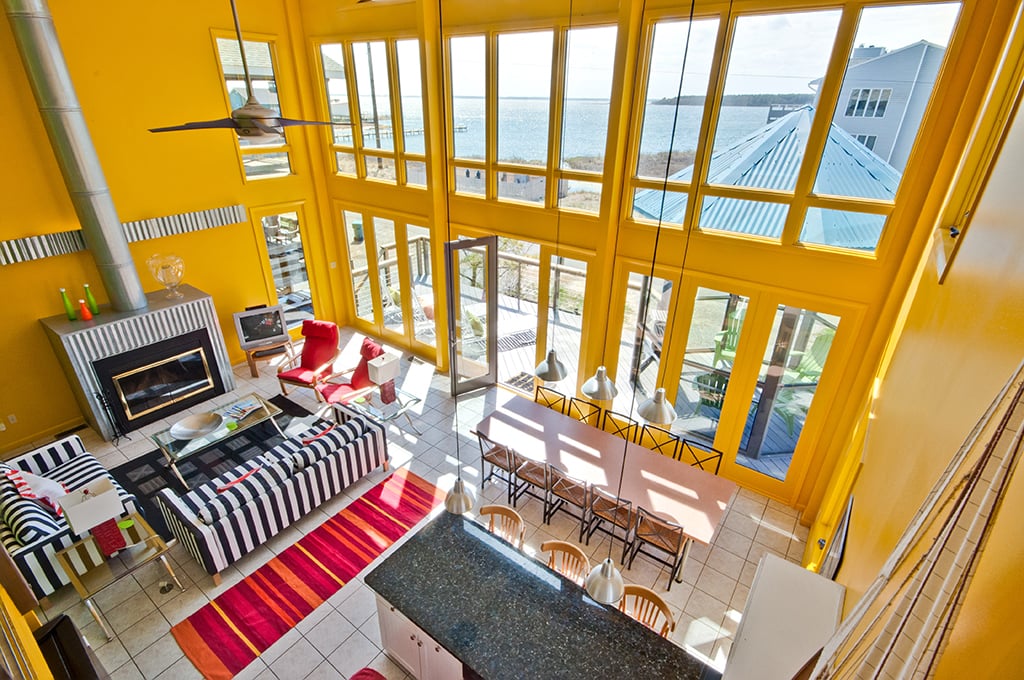
HomeAway—whose annual $349 subscription fee is the best value for owners who plan to rent their properties for long stretches—is a good bet. For the fee, you can list on any of the company’s three US sites (VRBO is the most popular) as often as you want. To list a property, you create an account, provide a description of your house with at least six photos, and arrange how you’ll take payment. Homeowners are notified by e-mail anytime a potential guest is interested.
HomeAway spokesman Adam Annen says properties book for an average of 18 weeks a year, with subscribers earning average annual rental income of $28,000. Fifty-nine percent of subscribers get at least 75 percent of their mortgage covered by the rental stream.
John Fitzsimmons, an upstate New York attorney who co-owns a house with his sister on Fenwick Island near Bethany, uses VRBO to market the property online and book the guests himself, but he still relies on an old-fashioned property manager at Ocean Atlantic Sotheby’s to take care of on-site maintenance and other needs.
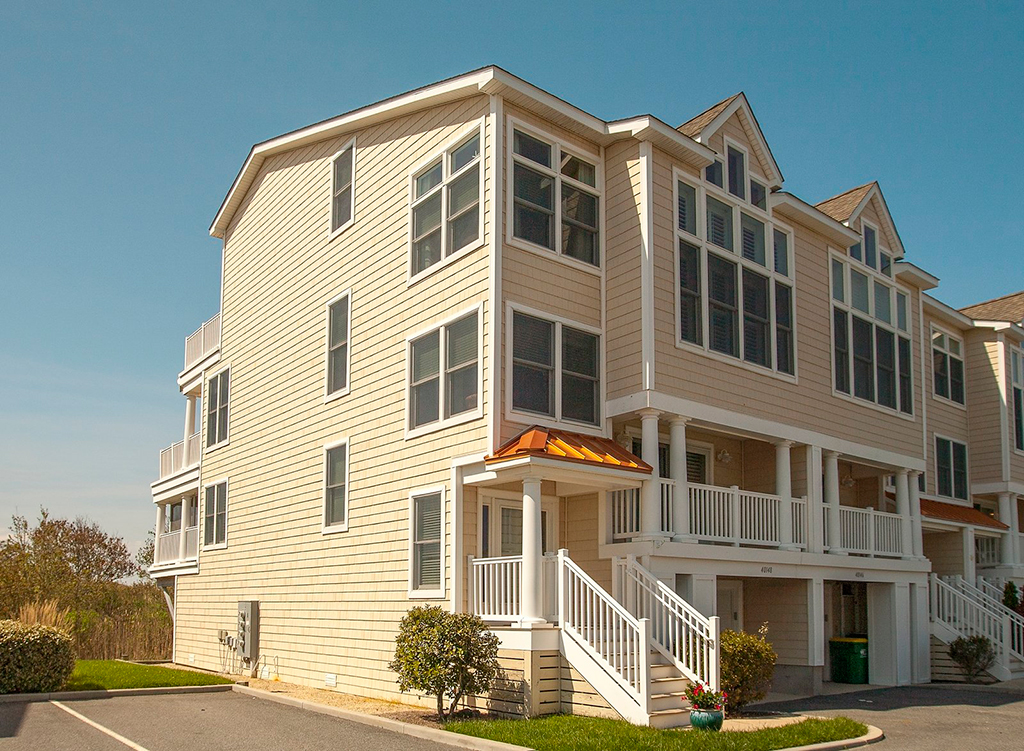
Annen says this is a common arrangement, with 40 percent of HomeAway’s listings also handled in part by property managers, because online tools can’t replace humans when it comes to responding to late-night calls from renters who have locked themselves out or busted the garbage disposal.
Fitzsimmons, whose house cost close to $1 million, pays 10 percent of his rental income to the property manager to check people in and out, distribute keys, and resolve maintenance issues. He says he and his sister have still earned enough during the past two summers to cover that commission, the VRBO subscription, and the full mortgage.
Rather rely on a traditional property manager for everything, including marketing and booking your house? You should expect to pay about a 15-percent commission on each rental—and you’ll have to plan well in advance. Emme King, a Long & Foster manager for Bethany and Fenwick Island properties, says homeowners should sign a listing agreement and have all marketing photos of their property ready to go by early winter—i.e., right now.
If you want to be more spontaneous with your bookings, you might consider Airbnb.
The site’s “instant book” feature lets guests reserve on the same day they want to check in.
Airbnb is also a solution for those who don’t want to give up their entire place. Unlike VRBO, which lists only full homes, you can use Airbnb to rent out a single room, floor, or wing of a property. As long as you’re comfortable with strangers staying downstairs while you and your friends live upstairs, the feature lets you enjoy your beach house during the prime summer months while bringing in extra income.
Airbnb is your cheapest option if you want to rent out your house for only short stints rather than a full season. Homeowners pay a 3-percent service fee for each reservation instead of an annual subscription or a commission to a property manager. However, you likely won’t be able to partner with a local property manager to handle day-to-day upkeep. Because Airbnb is still relatively uncommon in the Bethany/Rehoboth/Lewes market, most traditional management companies aren’t yet open to handling those listings.
For the types of busy professionals who often keep houses at the beach, that’s a problem. Fitzsimmons says posting his rental and managing the reservations is hard enough: “That’s about all I have time for.”
Editorial fellow Jackson Knapp can be reached at jknapp@washingtonian.com.
This article appears in our February 2016 issue of Washingtonian.

